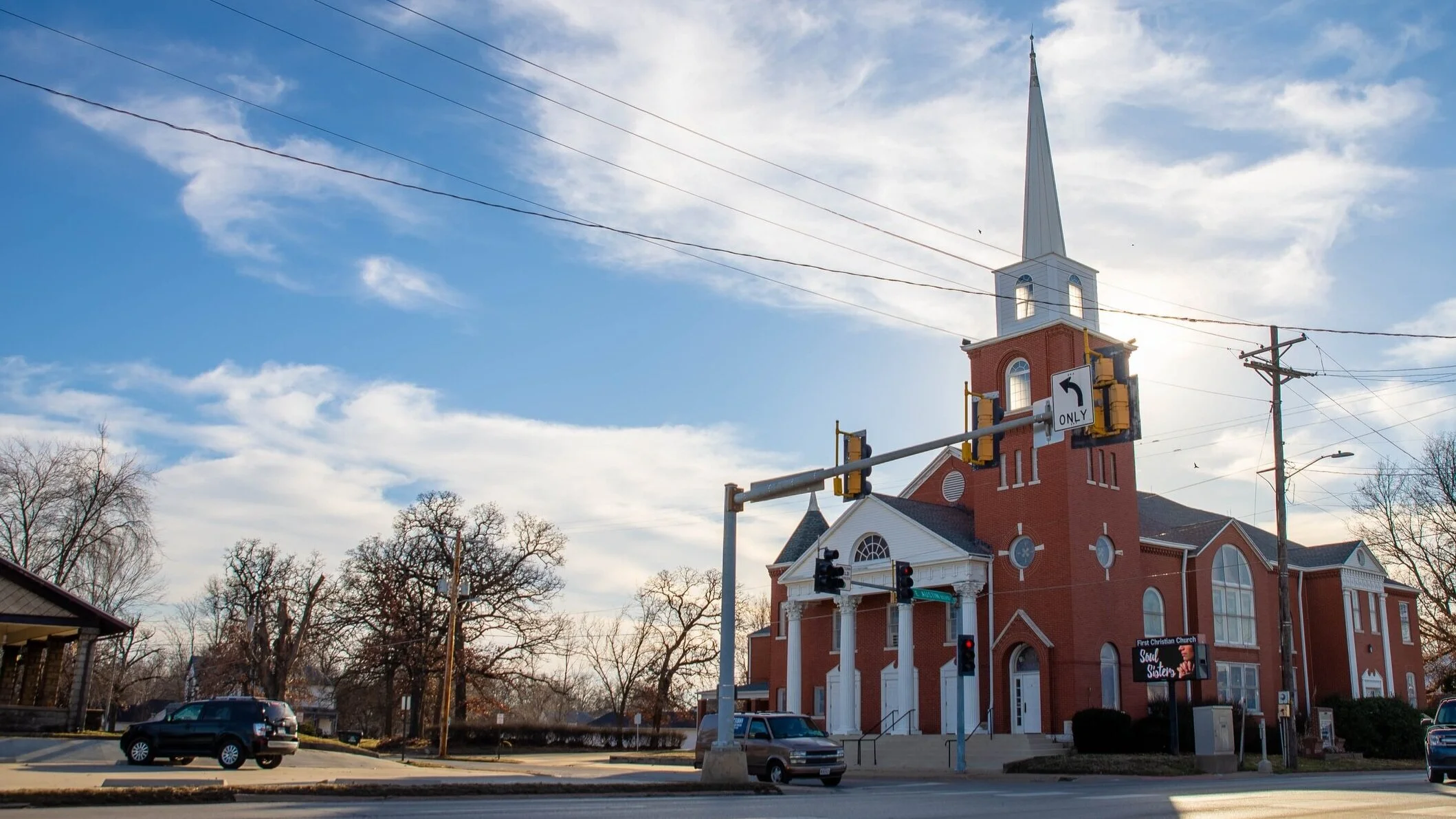In the COVID-19 crisis the hospitals and the Centers for Disease Control and Prevention need well-trained medical professionals to treat patients and offer guidelines, the government needs competent managers to coordinate response and preparation, and the church needs informed pastor theologians to take the helm and navigate the bride of Christ in the midst of towering waves.
A theologically uninformed pastor seeking to navigate these choppy waters is comparable to a first-year medical student being placed in charge of the COVID-19 response for Cleveland Clinic. Theological training and formation for pastoral ministry matters. Especially in days like these. There is a wealth of truth reaped among the disciplines of pastoral training that provide strength as pastors hold their hands to the helm.
Theological Disciplines and COVID-19
Biblical Theology magnifies the enduring truth that God is always with His people. Whether the enemy be a very visible accumulation of all of Pharaoh’s horses and chariots or a much less visible virus, we know God to be faithful to His people. This does not include a promise of escape from death. No doubt the number of dead from COVID-19 has included brothers and sisters in Christ. No doubt it will include more. Our hope is not in the escape of death, but in the King who secured death as a footstool on the third day and promises to keep His people for eternity.
Systematic Theology rejects simplistic black and white polarizing positions to equally reject both of the following statements, “I don’t need to follow CDC protocols because I trust in the Lord,” and “I have no need to seek the Lord in prayer because it will be the doctors and scientists that provide the solution to COVID-19.” We confess with King David the creation “pours out speech, and night to night reveals knowledge” (Ps 19:2) and that we “trust in the name of the Lord our God” and not in chariots and horses (Ps 20:7). By listening to and heeding the warnings and guidelines of doctors and scientists we are trusting in the Lord’s provision and in His faithful ordering of creation. They are not mutually exclusive.
Church History reminds us deadly diseases have attacked in force in prior days. We are not the first pastors to face such questions. In 1527 Martin Luther penned his pastoral insights on navigating the bubonic plague that ravaged Europe during the 14th – 16th centuries. Nearly 500 years later much of his wisdom remains relevant.
Global Theology and Missiology confronts us with the uncomfortable truth that persecution means restricted gatherings are a life-long reality rather than a few-months inconvenience for many of our brothers and sisters. Additionally, even the option of virtual services is a recent privilege for a limited number of the global church.
Our Ecclesiology Exposed
Ecclesiology is the engine powering many of the decisions before us. At the forefront for many pastors are issues concerning Sunday worship gatherings. It is interesting to observe the diversity of decisions that are being made by pastors that are otherwise in agreement on the core elements of the Christian faith. Decisions related to gatherings cannot be made independent of beliefs concerning the nature of the church gathered.
Examples abound, but one is comparing two like-minded congregations: Parkside Church where Alistair Begg is the senior pastor and Capitol Hill Baptist Church where Mark Dever is the senior pastor. Both of these congregations would affirm the importance of gathering weekly under the Word of God. Although both have canceled weekly gathering services at least through the end of March, they are taking different approaches in what to do in place of gathering.
Parkside is offering live streamed messages on Sunday mornings, while Capitol Hill is intentionally not offering any online alternatives. Both decisions communicate prioritizing various elements of the church. For Parkside, their actions communicate the priority of the Word preached. What is primary to Sunday gatherings is the preaching of the Word of God. Therefore, it remains accessible, even if in a different medium. Physical participation in the gathering is a lesser priority than preaching.
Capitol Hill’s decision to not offer online alternatives is rooted in a belief that what is primary is the physical gathering of God’s people. The elements included in that gathering, singing, preaching, etc., have their significance in the physical gathering of the church. If physical gathering is prohibited from taking place, the actions that generally comprise the gathering cannot be replicated.
This example is in no way intended to offer judgement of either Parkside or Capitol Hill. We are all doing theological triage in our pajamas right now. It is only to bring to light that no decision is neutral. What you, as a pastor, decide to do regarding services in this crisis is an unveiling of your ecclesiology. How you shepherd during these days will force reveal your theology. As the curtain is pulled back, may you not be caught standing naked.
Postscript: The Center for Pastor Theologians’ origin story is rooted in the lament of the loss of the role of pastor as theologian. This loss is unveiled in numerous places, including The Pastor Theologian: Resurrecting an Ancient Vision by CPT founders Todd Wilson and Gerald Hiestand.
Cory Wilson serves as a pastor at City Church in Cleveland, OH. He is also a co-founder of the Ohio Theological Institute. Cory holds a Ph.D. from Reformed Theological Seminary and is a member of the St. Peter Fellowship of the Center For Pastor Theologians.



